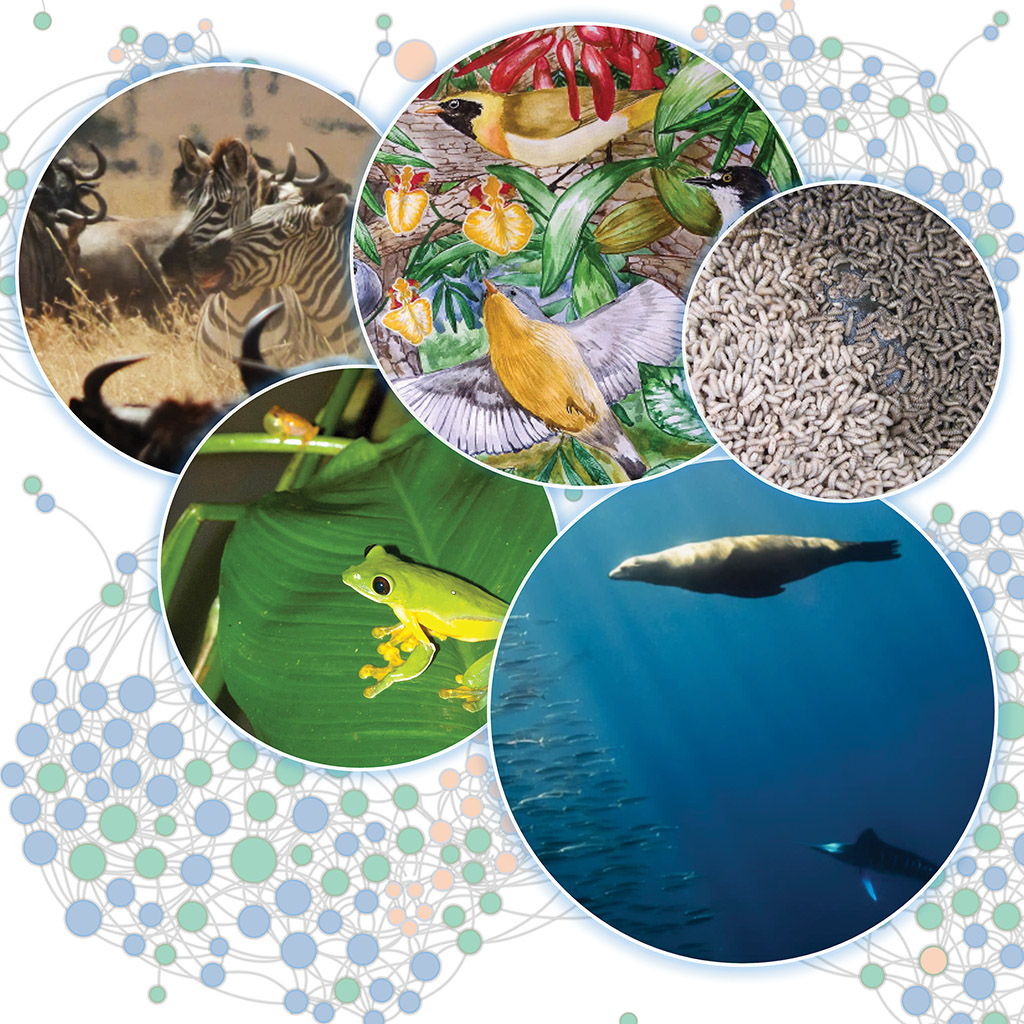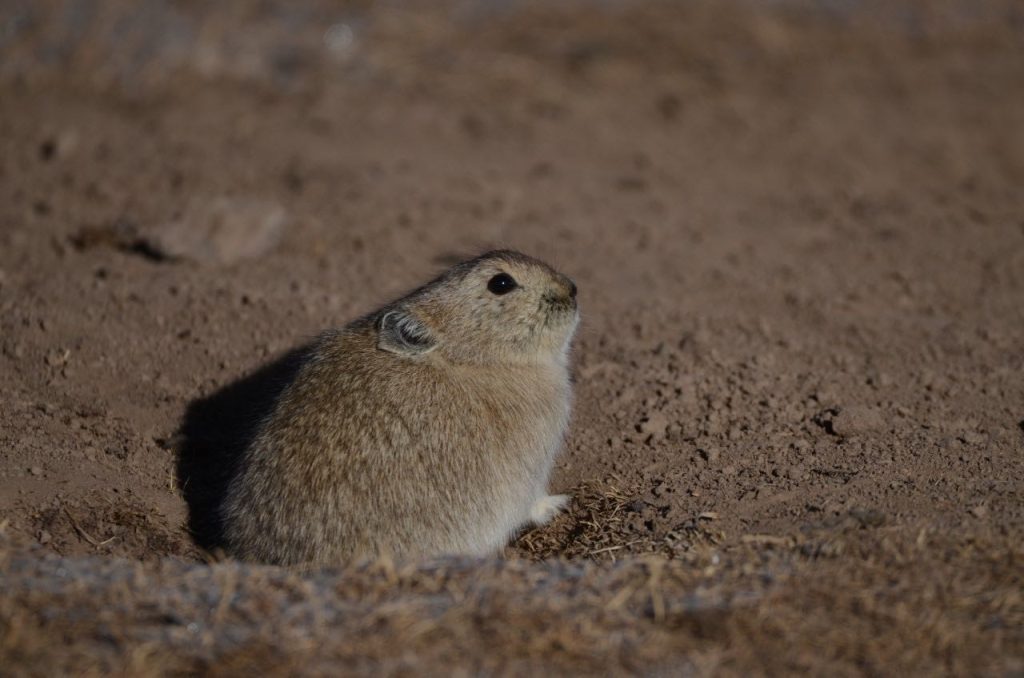12 Jun 2023
Professor Eben Goodale, from the Department of Health and Environmental Sciences at Xi’an Jiaotong-Liverpool University (XJTLU), has recently collaborated with researchers from around the world to compile a special issue of the prestigious scientific journal Philosophical Transactions of the Royal Society B (Phil.Trans).
The special issue, “Mixed-species groups and aggregations: Shaping ecological and behavioural patterns and processes”, features research that highlights why it is important to study mixed-species animal groups.
“Researching the interactions and differences between species that live in groups, rather than concentrating on a single species, can greatly enhance our understanding of complex ecological systems,” Professor Goodale says.
Phil. Trans, first published in 1665 by the Royal Society of London, is the oldest scientific journal in the world. It has played an important role in the history of science, with many groundbreaking discoveries and theories being published in its pages over the centuries. The journal publishes articles on a wide range of scientific topics, including biology, physics, chemistry, astronomy, and mathematics.

The front cover for the special issue, graphic design by Lalith Manage, Janananda Laksiri and Eben Goodale
According to Professor Goodale, the special issue developed out of a symposium he co-organised in June 2021 during the pandemic. The online meeting brought together over 20 speakers and 100 participants from diverse backgrounds.
Professor Goodale says: “The diversity of participants was a strength, as was the broad range of study systems and ecological topics. It shows that similar patterns and processes can shape mixed-species animal groups throughout the animal kingdom.”
Professor Goodale has studied mixed-species animal groups for the past 25 years and, with his colleagues, showcases in the special issue how these groups become central to ecology through important processes such as competition, predation, and mutualism.
Exploring research
As well as helping to edit the special issue, Professor Goodale is also the corresponding author for both the special issues’ introduction and a research article, “Interspecific sociality alters the colonization and extinction rates of birds on subtropical reservoir islands”.
For the study, Professor Goodale and his colleagues used data collected over ten years from 44 different islands in Lake Qiandao, Zhejiang, China. They conducted surveys of bird species in the Lake Qiandao region to confirm whether species join with other species to form mixed groups. They then studied how that impacts species’ colonisation of an island or whether they go extinct from one year to the next.
They found that species living in mixed-species groups had higher colonisation rates and lower extinction rates than species that did not participate in these groups. According to the researchers, this is likely due to reduced predation risk and increased willingness to move between and live on the islands. This example illustrates the significance of mixed-species groups for the overall ecology of these animals, they say.
Professor Goodale explains that studying mixed-species groups has significant implications in the context of increasing urbanisation and ecological destruction. Further exploration of different ecological processes and specific mechanisms of group-living can provide new solutions and perspectives for protecting species diversity, he says, improving the natural environment and human living spaces.
Professor Goodale’s work is also described in his book, Mixed-species Groups of Animals: Behavior, Community Structure, and Conservation (2017, Academic Press). It highlights the importance of mixed-species animal groups as a way for people to appreciate nature in an era where biodiversity is declining and the connection between urban populations and nature is becoming scarce.
The special issue of Philosophical Transactions B, Mixed-species groups and aggregations: Shaping ecological and behavioural patterns and processes, can be read here.
By Luyao Wang
Edited by Catherine Diamond
12 Jun 2023
RELATED NEWS

Stop eradication of small mammals to protect vital ecosystems, say scientists
Qinghai-Tibetan Plateau, yak herders summer camp. Yak graze widely during the day and are brought back to the camp in the evening for milking (Credit J. Kn...
Learn more

XJTLU researcher part of global team addressing knowledge gaps in biodiversity loss research
“Biodiversity loss is one of our biggest environmental challenges in the world, probably more important than climate change. The problem of climate change ca...
Learn more








